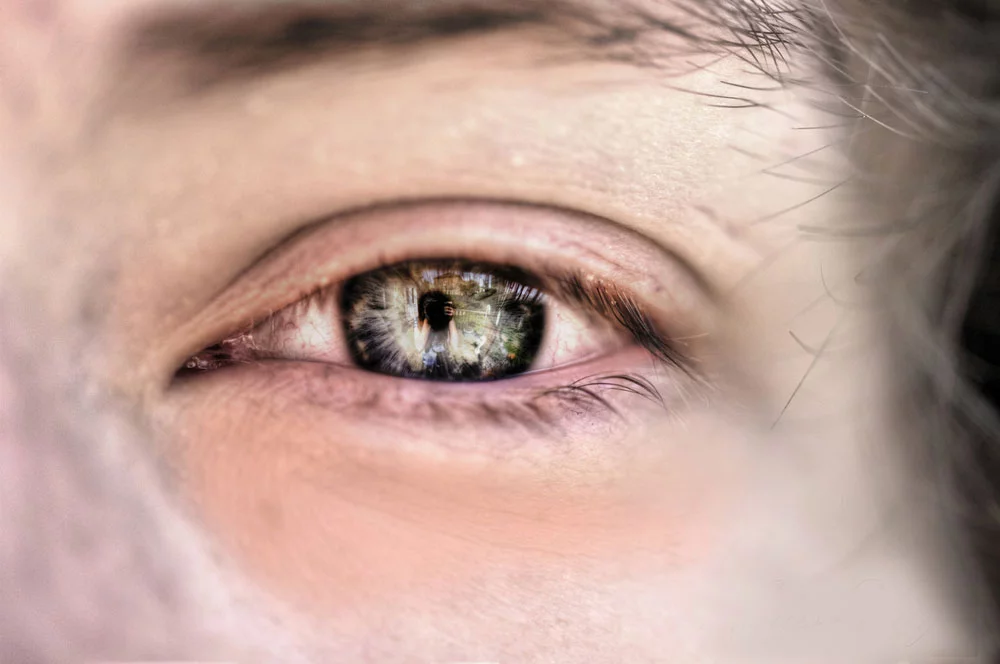The abuse of opioids, a class of drugs that includes prescription pain relievers, heroin and synthetic opioids such as fentanyl, have reached epidemic proportions in recent years. It’s crucial to recognize the signs of opioid addiction early to help loved ones get the necessary treatment. Eye damage – including tiny, constricted pupils – is a lesser-known, but still potentially severe, consequence of opioid use.
Why Do Opioids Cause Pupil Constriction?
Normally, your pupils automatically dilate and constrict in response to light conditions. Though many medical conditions can cause a person to have abnormally enlarged pupils, few things make them small.
Pupil constriction, or miosis, is one of several physiological changes that occur when someone uses opioids. Opioids impact the part of your brain that regulates your pupil size. Pinpoint pupils are usually a clear giveaway of opioid abuse.
How Opioids Affect Appearance
In addition to constricted pupils, opioid use can result in several noticeable physical changes. Users may have a flushed, warm appearance due to the body’s response to the drug. They may also exhibit slurred speech, poor physical coordination and slower reaction times. Over time, chronic opioid use can lead to weight loss, neglect of personal hygiene and a general decline in physical health.
Other common warning signs of opioid use include:
- Changes in behavior, such as mood swings or a decrease in motivation
- Lack of interest in formerly enjoyable hobbies
- Irregular sleep patterns
- Withdrawal from friends and family
- Frequent bouts of nausea or vomiting
- Persistent itching or scratching
- Financial difficulties or unexplained spending
Adverse Health Effects of Opioid Abuse
Opioid use can have detrimental effects on your brain and body. These drugs are central nervous system suppressants, which can lead to slowed breathing or even respiratory arrest. Long-term opioid abuse can also cause gastrointestinal problems, liver damage and heart complications. In the brain, opioids alter the reward system, making it more difficult to experience pleasure without the drug. Opioid withdrawal can lead to mental health issues like depression and anxiety.
Opioid addiction is not merely a physical condition; it’s a complex disorder that involves psychological, social and environmental factors. Therefore, it’s vital to approach treatment from a comprehensive perspective.
Help and Healing Are Available at New Found Life
Since 1993, New Found Life has provided effective drug and alcohol treatment services to the Long Beach community. We offer a complete continuum of care for substance use disorders and mental health concerns. Our treatment programs address each client’s unique needs, focusing on the physical, psychological, social and spiritual aspects of recovery.
If you or a loved one are struggling with opioid addiction, remember, there is hope. Recovery is not only possible but also a beautiful transformation. Reach out to our compassionate team at New Found Life to learn more about our services and how we can help.

